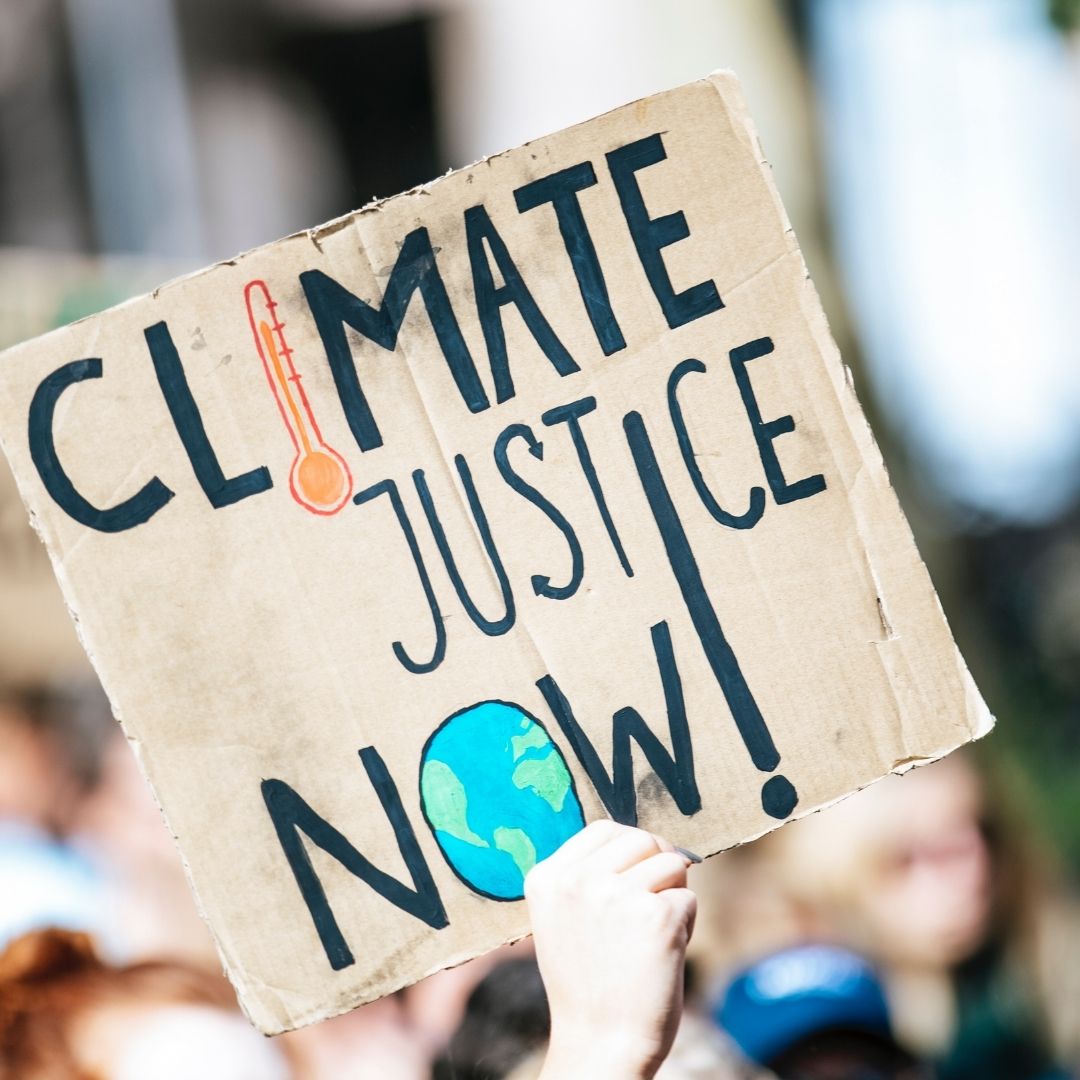
Image Credits: Unsplash/Representational Image
47% Of Countries' Curricula Not Inclusive Of Climate Change Issues: UNESCO Report
Writer: Akanksha Saxena
I am a budding journalist who loves to write stories that have the ability to connect with people.
Others/World, 8 Nov 2021 1:04 PM GMT
Editor : Ankita Singh |
A literature lover who likes delving deeper into a wide range of societal issues and expresses her opinions about the same. Keeps looking for best-read recommendations while enjoying her coffee and tea.
Creatives : Akanksha Saxena
I am a budding journalist who loves to write stories that have the ability to connect with people.
Titled as 'Getting every school climate ready', the study looks into around 100 countries are integrating climate change in their educational curriculum, citing teachers' responses and examples of countries performing well.
A report published by the United Nations Educational, Scientific and Cultural Organisation (UNESCO) shed light on the dire need of climate education in the world. According to it, around 47% of countries do not have climate change issues sufficiently integrated into their curriculum. Titled as 'Getting every school climate-ready', it was released ahead of the UN Climate Change Conference in Glasgow.
The report was prepared under the guidance of the Director of Peace and Sustainable Development's Education Sector, Vibeke Jensen. It answers four pivotal questions, from how well the countries have included these particular issues to recording teachers' responses when asked about their teaching methodology. Not only that, it also cites success stories where climate education has been sufficiently integrated in their courses.
Vulnerable Countries More Likely To Include Content
The UNESCO Report looked at the national curriculum of 100 countries, the list also including India. Around 129 documents were looked into to make inferences that were related to greenhouse gas, climate change, global warming and carbon. Around 47% of the documents had no climate change-related topics. This figure also holds true for what they focussed on.
Another finding shows that countries vulnerable to climate change are more likely to include such issues in their curricula, compared to nations known for largest amount of harmful emissions. "Sub-Saharan Africa and Oceania had considerably more climate change content than other regions, with Central and Southern Asia having the least," said the study. Europe, North and South America, the Caribbean islands and South-East Asia had only moderate focus on the same.
Unfamiliar Pedagogies Makes Teachers Hesitant
A survey called 'Learn for our planet' looked into several educators' ability to impart the necessary information in schools and colleges. While 62% of the respondents were teachers, 13% included principals. Only a handful of them stated these issues were included in their pre and in-service training. Looking at subjects such as Biology, Science and Geography, their inclusion was extremely minimal.
About 95% of the teachers emphasised on the importance of including climate change topics in the curriculum during these times. However, 40% do not feel confident about teaching them in their classes. The report explains, "About 40% of teachers are confident in teaching the cognitive dimensions of climate change, but only one-fifth can explain well how to reduce one's own carbon footprint."
Many of them were hesitant in this regard due to unfamiliar pedagogies and no confidence in their ability to teach it. "Experienced teachers are generally more confident in their ability to teach climate change compared to those newly entering the profession. Nearly 80% of those with more than 20 years of experience felt at least moderately ready to teach climate change compared with less than 60% of newly recruited teachers," it said.
'Good Country Practices'
The report included examples from countries like Italy, Indonesia, Colombia, and the Republic of Korea that have successfully integrated these issues in their educational programmes. In Italy, Climate change is taught in subjects like Geography and Biology syllabuses. "Climate change is included in the curriculum and students are encouraged to 'assume ecologically sustainable behaviours and personal choices'", the report added. Indonesia updated its 'National Curriculum Framework' 2013 by including climate as a core competence, especially for primary school students. Countries like Colombia and the republic of Korea have integrated the same in their educational policies in order to implement them in their curriculum.
Till now, only 53% of the countries have included these issues in their educational practices. They need to be included in all levels of learning. Not just in primary and secondary schools, the curriculum has to be included in universities as well. Teachers in every institution have to be trained in order to impart information on the same. Lastly, all countries have to make sure that the Education ministry has to work in tandem with the ministry of environment to make schools 'climate ready' a reality.
 All section
All section














